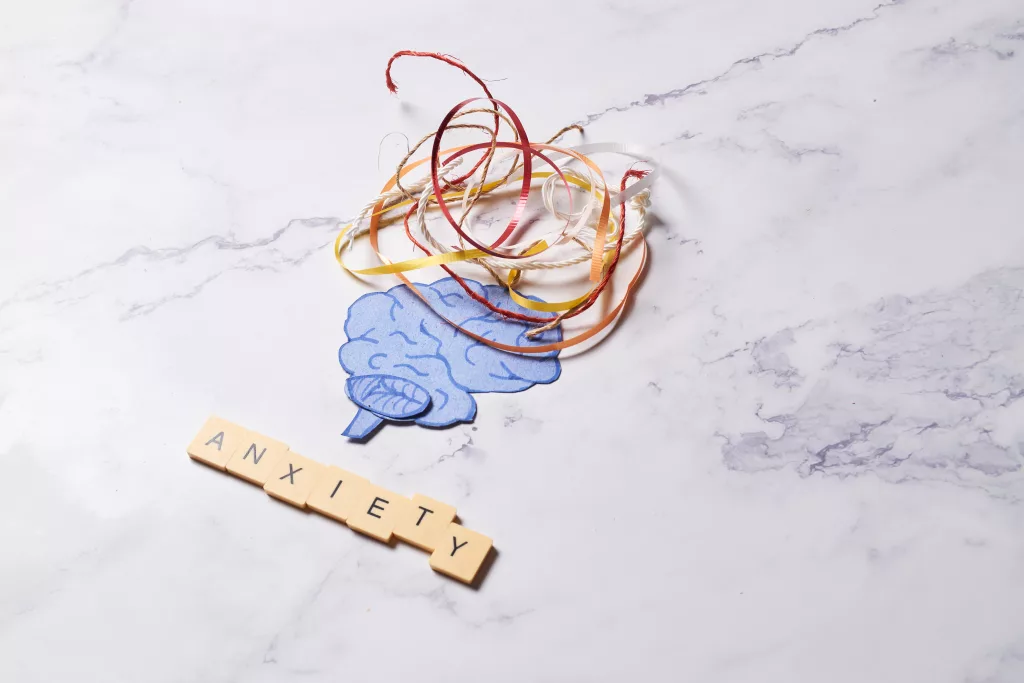Sophie Harris, a Year 11 student, had always been a diligent learner, but as her GCSE exams approached, the pressure became overwhelming. “I could barely focus,” Sophie recalls. “The more I tried to study, the more anxious I felt.” Thankfully, her teacher noticed the signs and stepped in, providing guidance and support that helped her manage her anxiety and perform well in her exams.

Sophie’s experience is not unique. In fact, a recent report reveals that more than three-quarters of teachers—approximately 77%—have encountered exam anxiety among their Year 11 students. This growing issue highlights the crucial role teachers play in supporting students through one of the most stressful periods of their academic journey.
Pandemic Fuels Anxiety Crisis
The COVID-19 pandemic has only intensified the challenges faced by students. With disruptions to learning and prolonged periods of isolation, mental health issues have surged, leading to what some describe as an “attendance crisis.” As students returned to classrooms, teachers noticed a marked increase in anxiety, particularly around exams. The pandemic’s impact has made it clear that exam anxiety is not just an academic concern but a significant mental health issue that demands urgent attention.
“Teachers are often the first line of support for students experiencing exam anxiety,” says an educator who has been on the front lines of this growing crisis. “We provide guidance and reassurance to help them navigate the pressures of high-stakes testing.”
Strategies to Combat Exam Anxiety
In response to the rising levels of exam anxiety, schools are implementing various strategies to help students manage their stress and perform to the best of their abilities. Here are some of the most effective methods:
- Mindfulness and Relaxation Techniques: Teachers are increasingly encouraging students to practice mindfulness and relaxation exercises. These techniques help students stay calm and focused during exams, reducing the physical and mental symptoms of anxiety.
- Time Management Skills: Effective time management is another crucial tool in combating exam anxiety. By teaching students how to plan their study schedules and avoid last-minute cramming, teachers can help reduce the panic that often accompanies poorly managed revision.
- Open Communication: An open line of communication between teachers and students is vital. When students feel comfortable discussing their anxiety, teachers can identify the issue early and provide the necessary support before it escalates.
- Parental Involvement: Schools are also encouraging parents to be part of the solution. By involving parents in their child’s preparation, schools can ensure that the strategies taught in the classroom are reinforced at home, creating a more supportive environment for students.

The Importance of Addressing Exam Anxiety
Addressing exam anxiety is essential not just for students’ academic success but also for their overall wellbeing and mental health. Prolonged anxiety can lead to a host of problems, including absenteeism, low self-esteem, and even long-term mental health issues.
“Schools must prioritize mental health support,” stresses another teacher. “Creating an environment where students feel comfortable seeking help for anxiety and stress-related issues is crucial.”
As the number of students grappling with exam anxiety continues to rise, it’s clear that the role of teachers extends far beyond the classroom. They are not just educators but also supporters and guides, helping students navigate the often overwhelming demands of academic life.
Conclusion
The fight against exam anxiety requires a collective effort from schools, teachers, and parents. By implementing comprehensive support systems and targeted interventions, educators can help students not only achieve their academic potential but also maintain their mental health and wellbeing. The stakes are high, but with the right support, students like Sophie can overcome their fears and succeed in their exams, paving the way for a brighter, less anxious future.
Summary
- 77% of teachers report managing exam anxiety among Year 11 students.
- The COVID-19 pandemic has heightened mental health issues, worsening anxiety in schools.
- Effective strategies include mindfulness, time management, open communication, and parental involvement.

